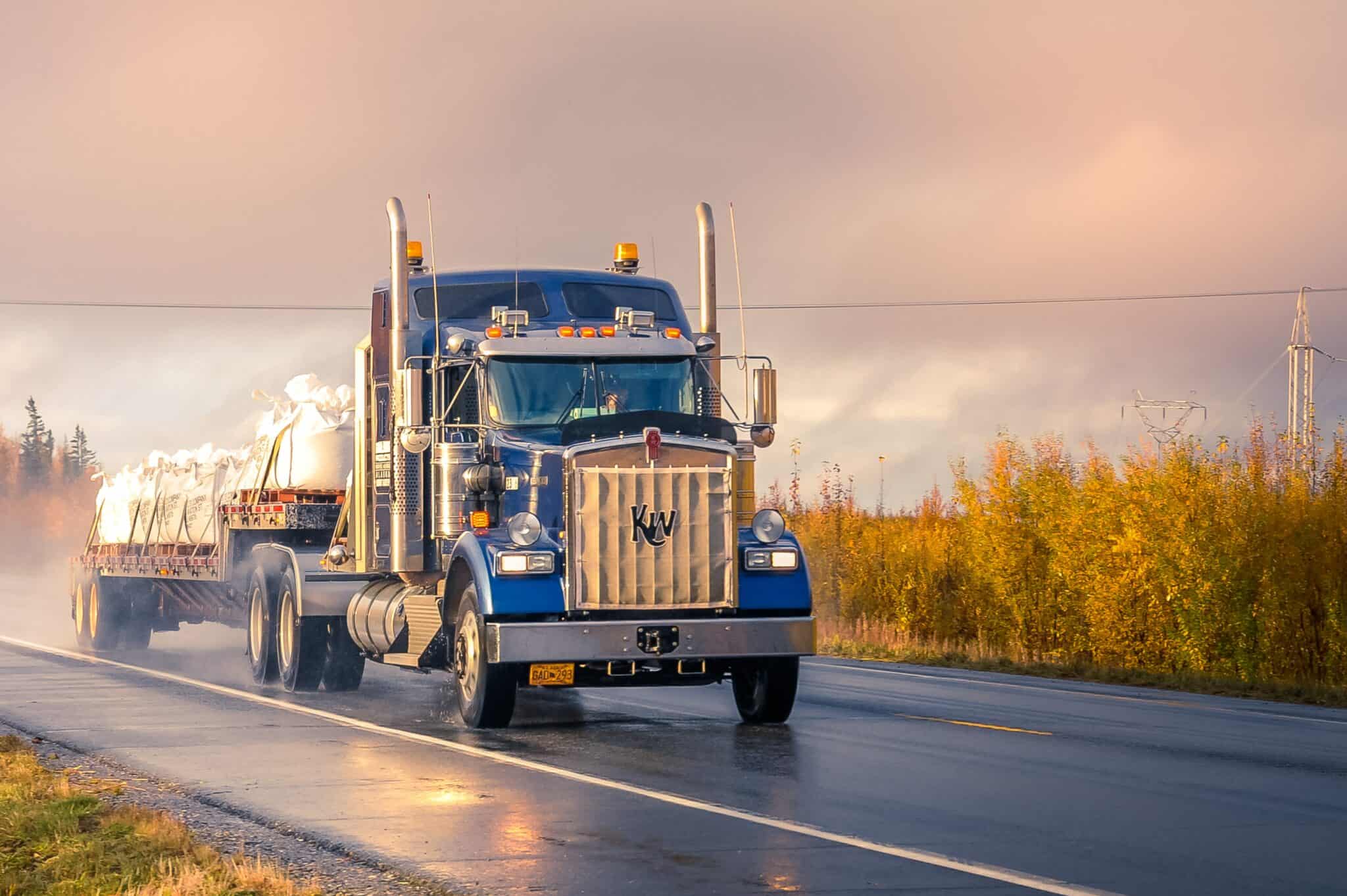
Tascha Shahriari-Parsa is a government lawyer enforcing workers’ rights laws. He clerked on the Supreme Court of California after graduating from Harvard Law School in 2024. His writing on this blog reflects his personal views only.
The Department of Labor released data today showing that the unemployment rate fell last month in most U.S. states. 12 states have unemployment rates at record lows, including Nebraska and Utah with unemployment rates of 2.1%. However, while unemployment rates are down, labor force participation rates are still nowhere near where they were before the pandemic. (Unemployment measures the percentage of people who are unemployed out of everyone who is either employed or is not but is actively looking for work. Labor force participation rates, on the other hand, measure the percentage of people who are unemployed out of the entire population.)
An Uber misclassification settlement to pay $8.4 million to over 1,300 drivers in California over misclassification claims was approved by a federal judge. The claims concerned misclassification of drivers before the passage of Prop 22 in 2020, the Uber and Lyft-backed legislation which designated many app-based drivers as independent contractors. Drivers argued that because they were misclassified, Uber owed them in minimum wages and overtime, sick leave, itemized pay statements and reimbursements for business expenses. The settlement does not make a statement about how Uber drivers should be classified under California law.
In an Amicus brief yesterday, the Department of Labor argued to the First Circuit that truck drivers ought to be compensated for time in excess of eight hours spent sleeping in their trucks. Because these hours spent are under the employers’ control and benefit companies, the brief argues, they should be compensable. Freight company CRST International argued that its truckers are not engaging in work while resting and thus should not be compensated. The AFL-CIO, The Massachusetts Employment Lawyers Association and the National Employment law Project also submitted briefs in support of the truckers. The AFL-CIO noted that the sleeping area of a truck is often smaller than a prison cell: “The problems with such forced proximity can vary from issues with hygiene, to personality conflicts, to nasty tempers, to explicit or implicit threats of violence.” A failure to compensate sleeping time also gives employers an incentive to stretch out drivers’ hours to extremely long lengths of time—weeks—where truckers are essentially confined to their vehicles, which can allow companies like CRST to outcompete their competitors at the expense of truck drivers.
Yesterday, New York City Mayor Eric Adams exempted local athletes from vaccine mandates, prompting criticism from some union leaders who characterized the exemption as unfair. Adams argued at a press conference that the exemption is necessary to put NYC’s home players on a “level playing field” with those who come in to play from outside the city and thus would not be subject to the city’s vaccine mandate, since out of town players were included in the list of exceptions to the mandate—which will now also include home players. “It’s unimagineable we treated our performers different because they lived and played for home teams. It’s not acceptable,” Adams said. Patrick Ferraiuolo, president of the Correction Captains’ Association, said that he “wish[es] the same consideration was given to all city employees, the true heroes that kept the city safe and running during the height of the pandemic.” Joe Borelli, a Republican Staten Island Council member, also saw the exemption as unfair to workers: “We are firing our own employees but allowing exemptions for the fancy ones.”
Much of the outcry appears to be coming from unions that have fought against vaccine mandates for their own members, and who wish to use this opportunity as leverage to make a case for why their own members should also be exempt—an issue of hypocrisy rather than an argument that lifting the mandate for at-home athletes was in and of itself wrong. Anti-shutdown lawyer James Mermigis called Adam’s announcement “another slap in the face to regular New Yorkers who just want to earn a living.” Mermigis said that he has received an outpouring of complaints from workers who were fired for refusing to comply with vaccine mandates and now wish to sue the mayor over the exemption. The exemption may be providing more ammunition for right-wing media rhetoric that the measures taken against COVID-19 in the pandemic are part of an elite conspiracy to increase the government’s control over the lives of ordinary people.






Daily News & Commentary
Start your day with our roundup of the latest labor developments. See all
March 3
In today’s news and commentary, Texas dismantles their contracting program for minorities, NextEra settles an ERISA lawsuit, and Chipotle beats an age discrimination suit. Texas Acting Comptroller Kelly Hancock is being sued in state court for allegedly unlawfully dismantling the Historically Underutilized Business (HUB) program, a 1990s initiative signed by former Governor George W. Bush […]
March 2
Block lays off over 4,000 workers; H-1B fee data is revealed.
March 1
The NLRB officially rescinds the Biden-era standard for determining joint-employer status; the DOL proposes a rule that would rescind the Biden-era standard for determining independent contractor status; and Walmart pays $100 million for deceiving delivery drivers regarding wages and tips.
February 27
The Ninth Circuit allows Trump to dismantle certain government unions based on national security concerns; and the DOL set to focus enforcement on firms with “outsized market power.”
February 26
Workplace AI regulations proposed in Michigan; en banc D.C. Circuit hears oral argument in CFPB case; white police officers sue Philadelphia over DEI policy.
February 25
OSHA workplace inspections significantly drop in 2025; the Court denies a petition for certiorari to review a Minnesota law banning mandatory anti-union meetings at work; and the Court declines two petitions to determine whether Air Force service members should receive backpay as a result of religious challenges to the now-revoked COVID-19 vaccine mandate.